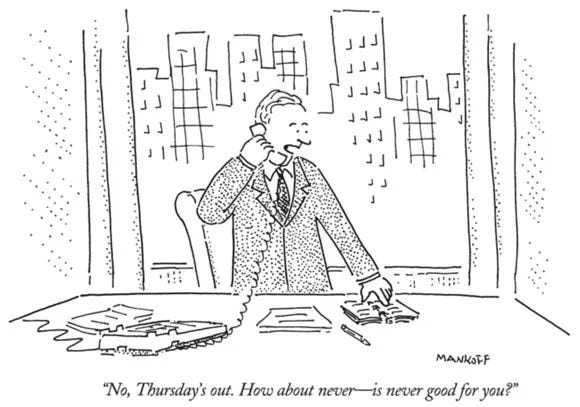Commentary: How to do a full rewrite
How about never, is that good for you?
How to do a full rewrite covers a scenario in which a programmer works on a new system that predates them, and they are tempted to start over in the face of how hard the system is to change increment…
Keep reading with a 7-day free trial
Subscribe to Bad Software Advice to keep reading this post and get 7 days of free access to the full post archives.


